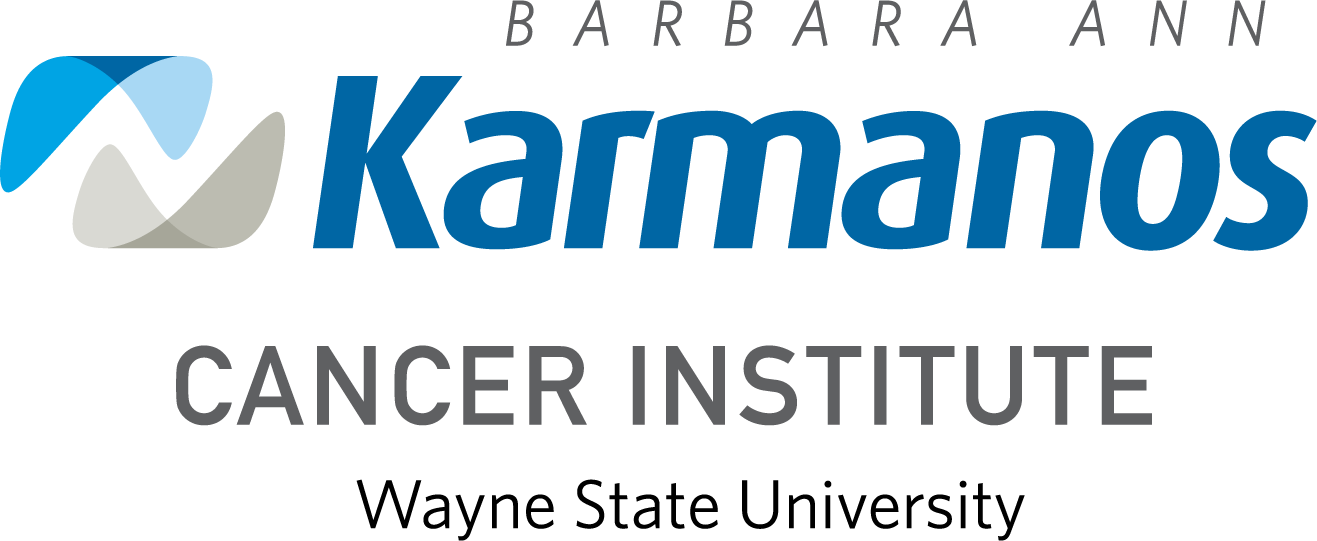
Dr Zonder on the Expansion of Targeted Therapies in R/R Multiple Myeloma

Jeffery Zonder, MD, discusses the need for expanding the armamentarium of targeted therapies for patients with relapsed/refractory multiple myeloma.
Jeffery Zonder, MD, leader, the Multiple Myeloma Sub-committee, the Barbara Ann Karmanos Cancer Institute, professor of medicine, the Departments of Hematology and Oncology, Wayne State University School of Medicine, discusses the need for expanding the armamentarium of targeted therapies for patients with relapsed/refractory multiple myeloma.
Several BCMA-targeted agents are coming down the pike for relapsed/refractory multiple myeloma, including the bispecific antibody teclistamab-cqyv (Tecvayli), Zonder begins.
Although this agent shows great promise in multiple myeloma, the development of bispecific antibodies in this space will likely expand beyond the use of BCMA-targeted agents, Zonder states.
As patient access to BCMA-targeted therapies continues to improve, research efforts are continuing to shift their focus to the development of agents for new molecular targets, Zonder continues. Despite the overall efficacy of currently approved agents, such as the CAR T-cell therapies idecabtagene vicleucel (ide-cel; Abecma), and ciltacabtagene autoleucel (cilta-cel; Carvykti), there remains an unmet need for patients whose disease progresses on BCMA-targeted therapy regimens, Zonder notes. Moreover, patients who do not derive benefit from approved agents will not experience an indefinite response, Zonder explains.
The anti-CD3, bispecific T-cell engagers talquetamab (Tecvayli) and FcRH5/CD3 antibody cevostamab (formerly BFCR4350A) have both received orphan drug designation by the FDA, and are currently being evaluated in this disease setting, he adds.
Results from the phase 1/2, first-in-human MonumenTAL-1 trial (NCT03399799; NCT04634552) supported this designation for talquetamab. In this trial, the agent produced an objective response rate (ORR) of 74.1% at a dose of 0.4 mg/kg weekly. Meanwhile, the safety, pharmacokinetics and activity of cevostamab is being evaluated in the ongoing phase 1 CAMMA 1 study (NCT04910568) in relapsed/refractory multiple myeloma.




































